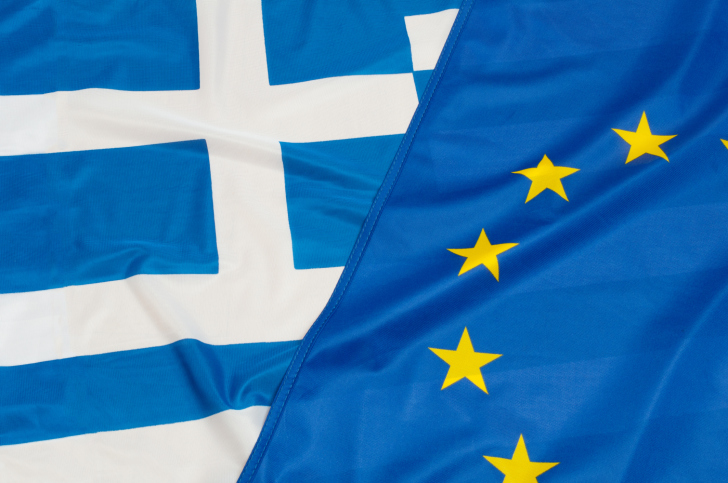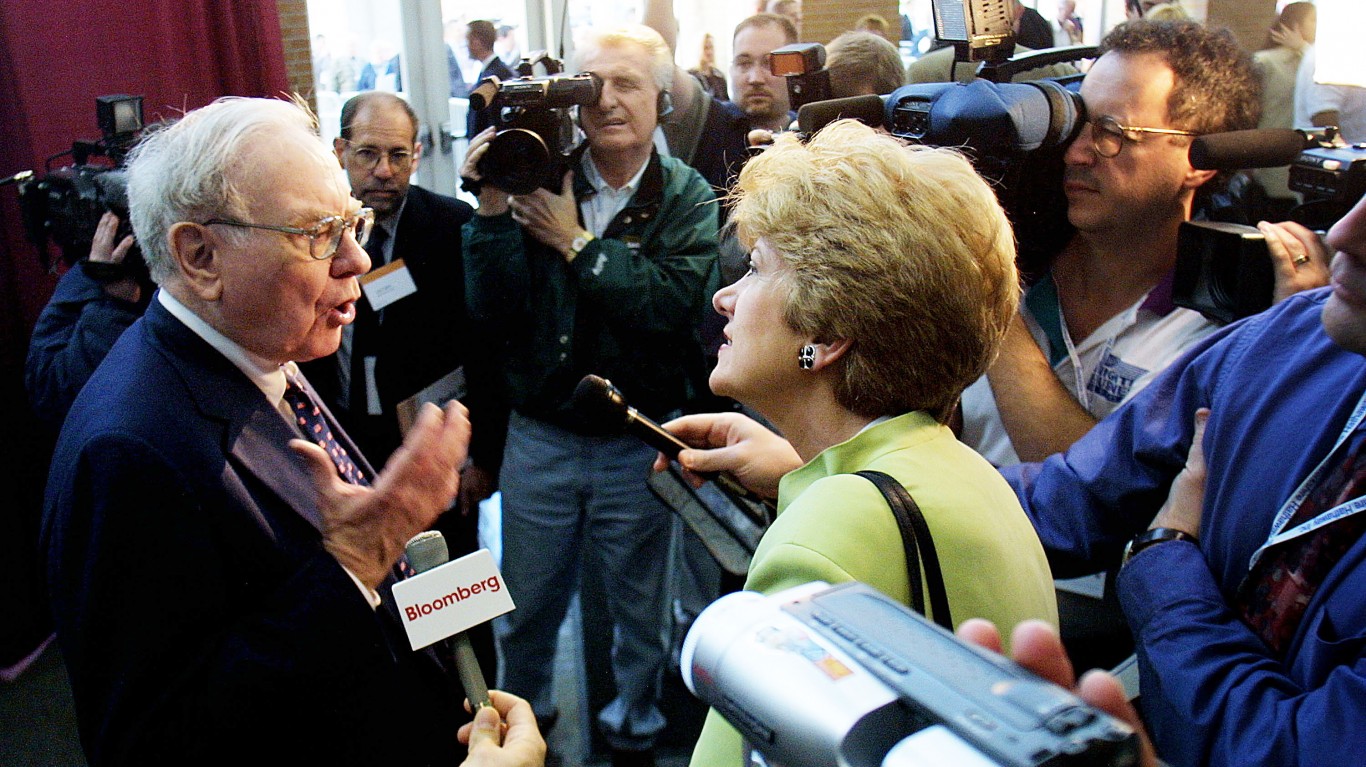Greece is back as a financial market again. Well, sort of. The nation finally allowed its stock market to open back up after an unheard of five-week trading halt. Needless to say, the Athens Stock Exchange’s Athex GD was down more than 16%. It had been down about 20% earlier in the session, which translates to being down over 40% from a year ago and to what was called a three-year low.
What matters the most is that the Greek exchange traded fund (ETF) and key bank stock have been trading freely in New York. They have, of course, had no direction at all as to where the real prices should be. Now they do, and they were actually trading mixed in New York trading. Still, the ETF was up despite the actual index opening down so much because it had priced in a larger drop than this. The PIIGS ETFs also have recovered handily from their lows around July 8.
National Bank of Greece S.A. (NYSE: NBG) closed at $0.91 on Friday, opened at $0.85 and was last seen trading around $0.86. That is for a drop of more than 4%. NBG’s 52-week range is now $0.85 to $3.69.
Global X FTSE Greece 20 ETF (NYSEMKT: GREK) was last seen trading up about 1% at $9.87 Monday morning. The ETF has been trading in the dark against a real index due to the FTSE/ATHEX Custom Capped Index not being open with the Greek stock market. The Greek ETF has a 52-week range of $9.22 to $21.62.
ALSO READ: 7 Analyst Stock Picks Under $10 With Huge Upside Calls
What matters now is that new ETF units can be created or eliminated again, and the market can go back to at least something resembling an efficient market. Trading an open ETF without a benchmark index open makes it no different than a closed-end fund with a fixed number of units outstanding.
Sadly, the situation in Greece still remains in the “not entirely resolved” status. That means that political shenanigans can remain in play, and the ultimate fate of Greece on a longer-term basis remains up for debate.
Meanwhile, ETFs for other nations in the so-called PIIGS (Portugal, Ireland, Italy, Greece and Spain) have recovered handily off their lows from around July 8 while this debate about Greece has been front and center:
The iShares MSCI Ireland Capped (NYSEMKT: EIRL) ETF was up 0.3% at $41.27, within a 52-week range of $30.86 to $41.51. Back on July 8, this was close to $38 when Greece was a front and center issue.
iShares MSCI Italy Capped (NYSEMKT: EWI) was up 0.4% at $15.54, versus a 52-week range of $12.71 to $16.52. Its low was $14.07 on July 8.
iShares MSCI Spain Capped (NYSEMKT: EWP) ETF was up 0.6% at $34.47, against a 52-week range of $31.51 to $41.67. This was down at $32.07 on July 8.
Global X FTSE Portugal 20 ETF (NYSE: PGAL) was up 0.6% at $11.26, but on very thin volume, against a 52-week range of $9.83 to $15.15. This ETF closed at $10.71 back on July 8.
ALSO READ: 5 Analyst Stock Picks From July That Could Double
It’s Your Money, Your Future—Own It (sponsor)
Are you ahead, or behind on retirement? For families with more than $500,000 saved for retirement, finding a financial advisor who puts your interest first can be the difference, and today it’s easier than ever. SmartAsset’s free tool matches you with up to three fiduciary financial advisors who serve your area in minutes. Each advisor has been carefully vetted and must act in your best interests. Start your search now.
If you’ve saved and built a substantial nest egg for you and your family, don’t delay; get started right here and help your retirement dreams become a retirement reality.
Thank you for reading! Have some feedback for us?
Contact the 24/7 Wall St. editorial team.





